Music as a tribute to journalism
In the journey of a century of Vietnamese Revolutionary Journalism, music has always accompanied as a part of memory, an emotional language to convey the ideals, values and souls of journalists. In that flow, the song "We Journalists" by journalist - musician Tao Khanh Hung, released on the occasion of the 100th anniversary of Vietnamese Revolutionary Journalism Day, has become an outstanding musical work. Not only artistic, the song is also a professional manifesto with sincere melody and emotions, reflecting truthfully, vividly and deeply the image of journalists in the new era.
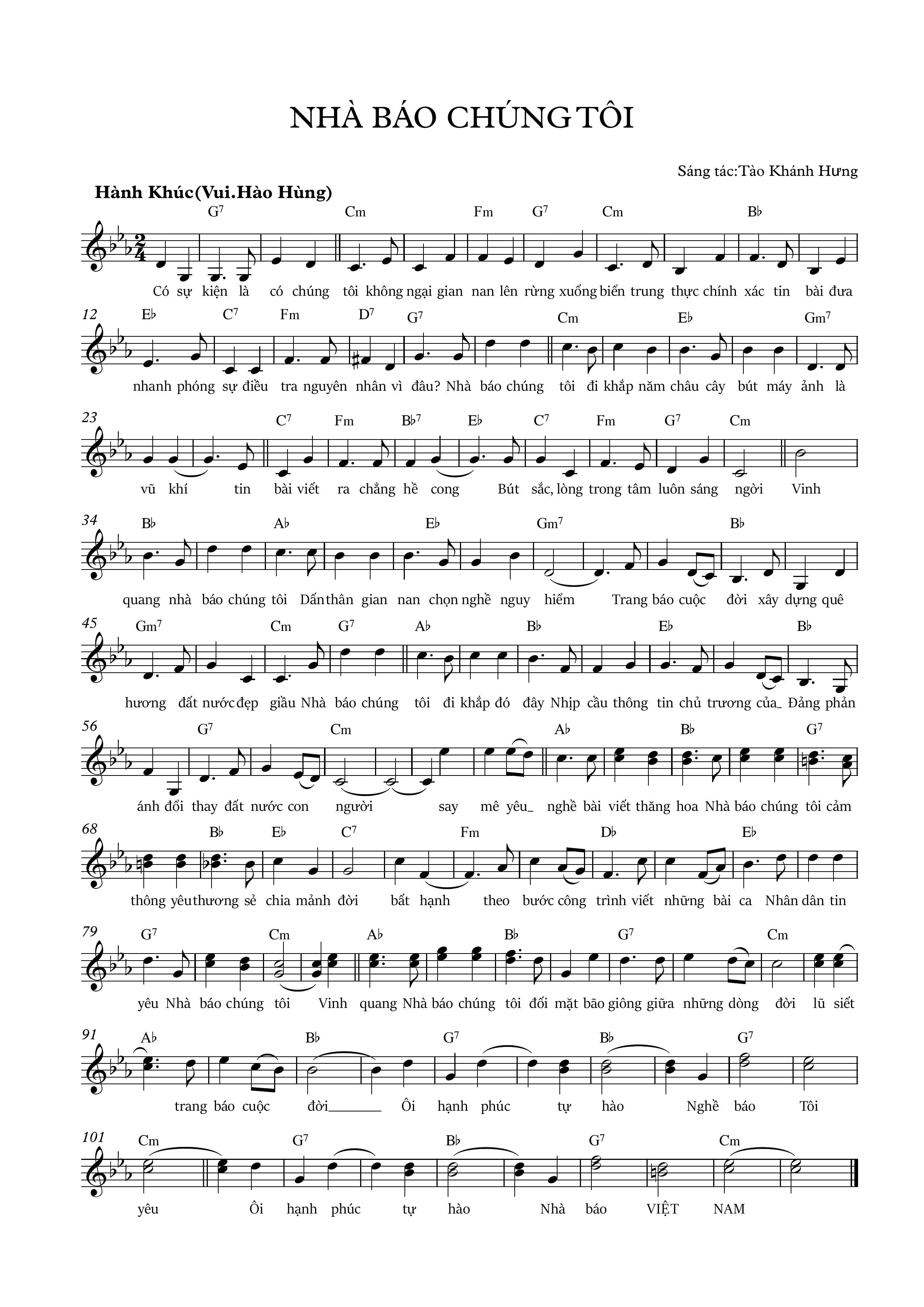
Since its release, the song was quickly introduced by People's Television, with an impressive performance by two singers: Hoai Phuong - lecturer of the Vocal Music Department, Central University of Art Education and singer Truong Lam - Military Region 1 Art Troupe, and spread widely on local radio stations across the country, becoming the top choice in art programs celebrating Vietnam Revolutionary Press Day. So what makes the vitality and special resonance of a professional song like "We Journalists"?
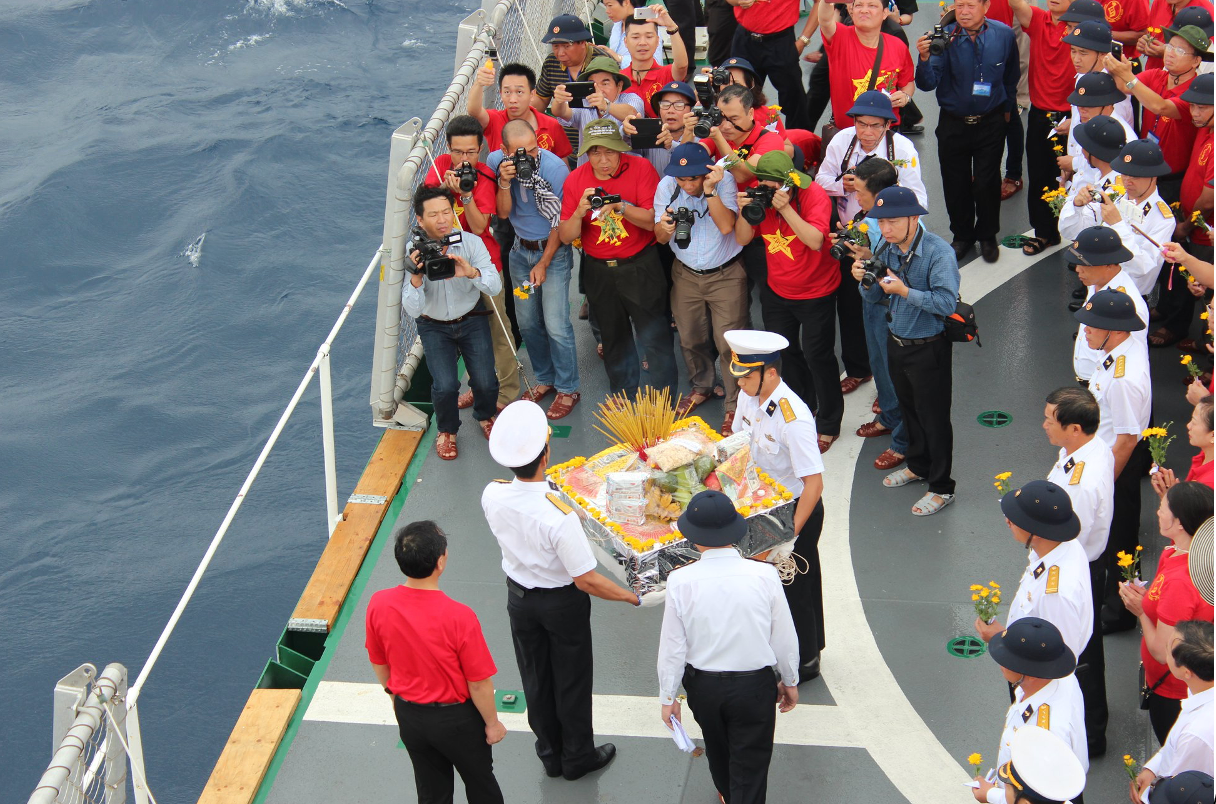
A multifaceted picture of journalism
Not following the usual classical music model of “verse – chorus”, “We, the Journalists” is built according to a linear structure – continuously developing, like the flow of a musical essay, opening up each layer of images, thoughts and emotions.
The entire song is divided into three main thematic areas: The first part affirms the role and mission of journalists in all events, hot spots, and dangerous areas. The middle part honors moral qualities, personality, and love for journalism. The final part combines feelings of pride, happiness, and a declaration of love for journalism.
Choosing this structure creates a seamless flow with inner depth, while allowing the work to develop a multidimensional content space, from concrete actions to spiritual values, from social roles to professional ideals.
Journalism – A profession of commitment and dedication

Right in the opening lines:
“There is an event, there is us.
Not afraid of hardships in the mountains and seas.
The work positions journalists as people on the front lines, always present where events happen – even in dangerous and harsh places. This is an action-packed opening point, demonstrating the true nature of journalism: dedicated – quick – not afraid of danger.
Journalism, in the author’s view, is not just a job but a great social responsibility. Journalists not only report news but also participate in investigation, analysis, and debate, contributing to the search for the truth: “Reporting and investigating the reasons why?”
Truth and justice are two elements that run through the artistic thinking and content of the song. This is the core value of revolutionary journalism – as President Ho Chi Minh once taught: “Pen and paper are sharp weapons in the revolutionary cause”.
Journalists – Soldiers on the information front
In the next part, the song goes into detail describing the image of journalism as a smokeless front, where journalists are soldiers, and pens and cameras are weapons:
“We journalists travel all over the world.
Pen and camera are weapons”
This comparison is not new, but placed in the context of globalization, digital transformation and modern information pressure, it has a deeper meaning: journalists are not just recorders, but orienters, enlighteners, warnings and connectors.
The work does not hesitate to affirm:
"The news article is not curved at all.
Sharp pen, pure heart, bright mind"
This is a declaration of journalistic ethics, a strong affirmation that: a true journalist does not accept bending the pen, does not embellish, does not avoid the truth. The lyrics not only remind us of the advice "sharp pen - pure heart - bright mind". The original saying that has become the motto of journalist Huu Tho about journalism is: "Bright eyes, pure heart, sharp pen", but also shows the self-respect and courage of the writer.
Journalist – Companion of the people and the country
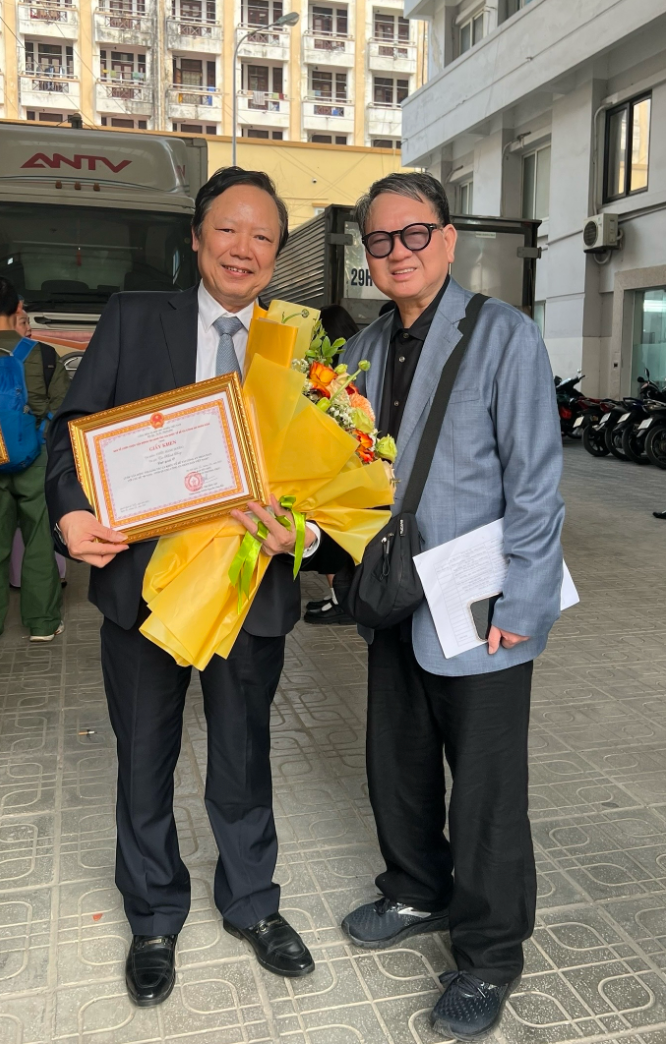
If the first part is action, the middle part is professional ethics, then the next part of the song is the sublimation of humanity, bringing journalists closer to the people, to the cause of nation building.
"The newspaper page of life building a beautiful and rich homeland
Bridge of information on Party policies
Reflecting the changes of the country and people"
Journalists are likened to “life’s newspaper” – a unique metaphor, representing the role of recording, reflecting, and connecting the Party – State – People. The song affirms that journalists are “information bridges” – both conveying policies and reflecting vivid reality, from development achievements to shortcomings and inadequacies.
In particular, the song dedicates emotional lines to talking about sharing and compassion - a very humane aspect of journalism:
"Sharing love for the unfortunate
Following the steps of writing songs”
Journalists do not just reflect dryly, but with emotion and empathy, they write songs that move people's hearts - thereby arousing social responsibility, compassion and inspiring positive action in the community.
Aspiration and Pride – Emotional Conclusion
The final part of the song is a synthesis of emotions, the crystallization of career journey, ideals and aspirations:
“Glory to us journalists
Facing storms in the midst of raging floods
Life's newspaper, oh happiness and pride in the journalism profession I love
Oh, the pride and happiness of Vietnamese journalists"
The author uses the image of “storms – life’s currents – raging floods” as metaphors for the challenges, temptations, and pressures that modern journalists face: fake news, social networks, commercialization of journalism, and media crises. However, above all is the happiness of living and dedicating oneself to a noble profession – journalism.
Vitality and widespread influence in the press community
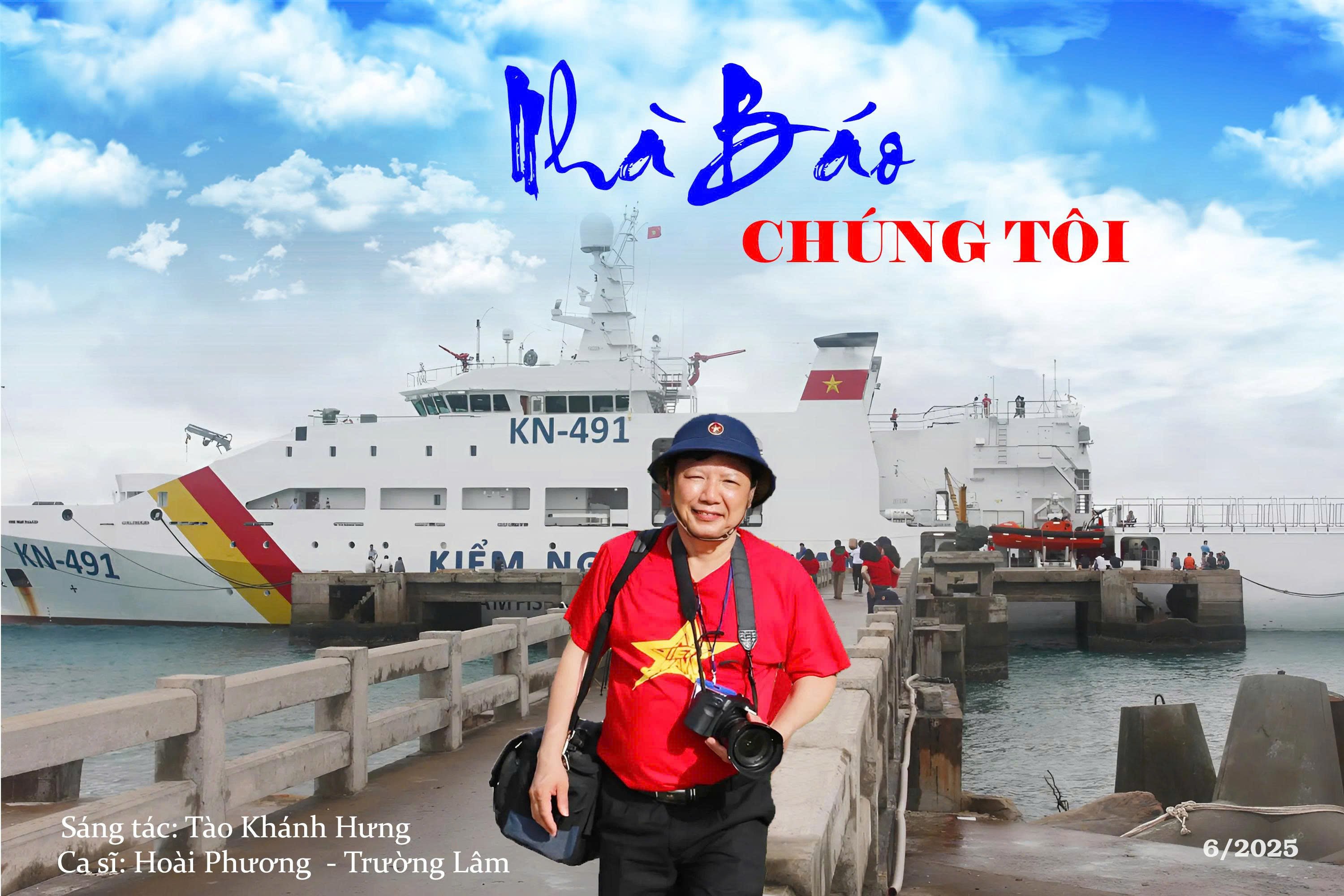
Immediately after its release, “We Journalists” was introduced on People’s Television, one of the leading mainstream media channels in the press. The two singers Hoai Phuong and Truong Lam performed the song with sincere, simple and proud emotions, causing the song to quickly spread to a wide audience, especially in the press.
Notably, many local press agencies and radio and television stations have included this song in art programs celebrating June 21. This not only demonstrates its broad representation, but also affirms the work’s artistic value and solid ideological content.
The song “We, the Journalists” is a crystallization of the author’s own professional experience – a journalist and music composer – and the ideological courage of a revolutionary journalist in the new era.
The work is both narrative and social in nature; it both praises the profession and is a call to the younger generation to continue the ideals of revolutionary journalism. The song's melody is coherent, easy to sing, easy to remember but not monotonous, harmoniously combining lyricism and grandeur - a typical model for modern political songs.
A musical career statement
In the digital transformation era, when journalism is facing many challenges, songs like “We, the Journalists” are a great source of spiritual encouragement, helping journalists look back, gain energy and maintain their professional ideals.
"Oh the happiness and pride of Vietnamese journalists"
The last verse, like a sacred oath, is not only the author's heartfelt voice, but also the common voice of tens of thousands of genuine journalists in the S-shaped strip of land - those who are silently and persistently writing "pages of life" full of humanity and ideals.
According to congluan.vn
Source: https://baohanam.com.vn/van-hoa/-nha-bao-chung-toi-ban-tuyen-ngon-am-nhac-tu-hao-ve-nguoi-lam-bao-cach-mang-viet-nam-165281.html





![[Photo] General Secretary To Lam attends the 80th anniversary of Vietnam's diplomacy](https://vphoto.vietnam.vn/thumb/1200x675/vietnam/resource/IMAGE/2025/8/25/3dc715efdbf74937b6fe8072bac5cb30)



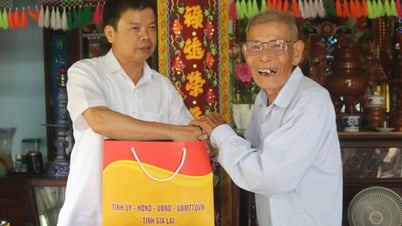

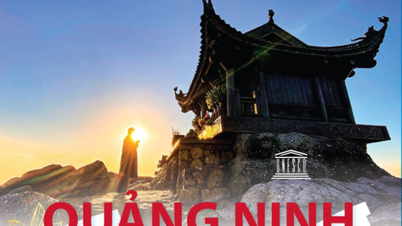

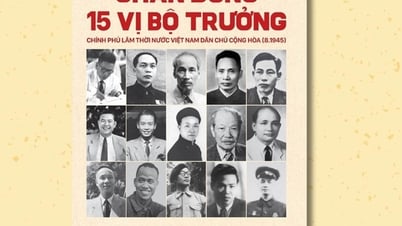

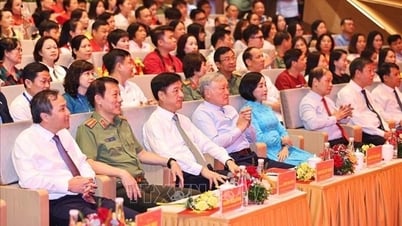
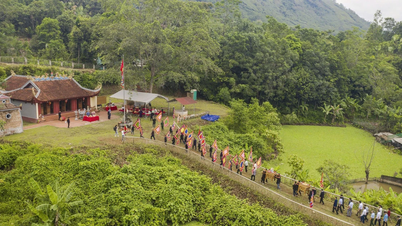






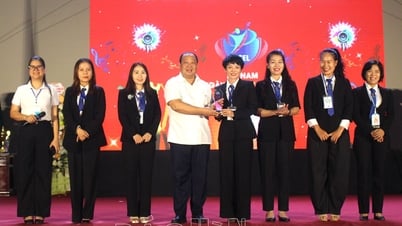

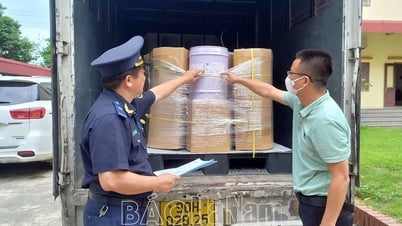
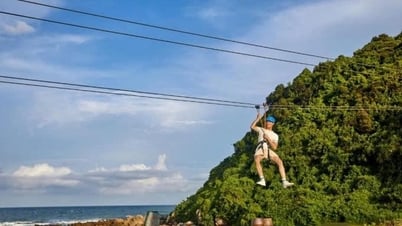
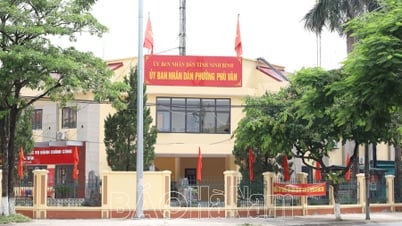
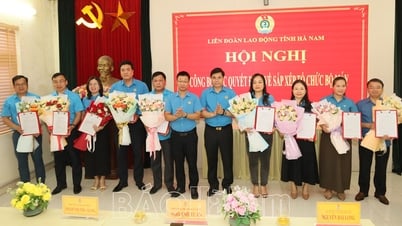


















































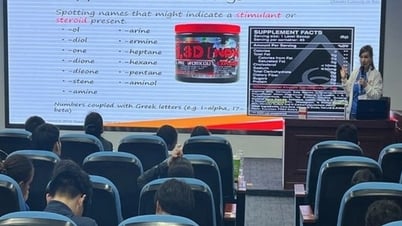
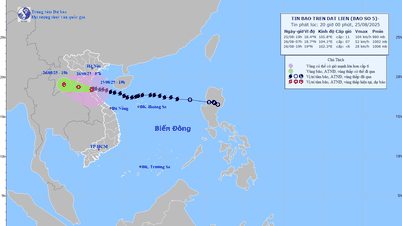


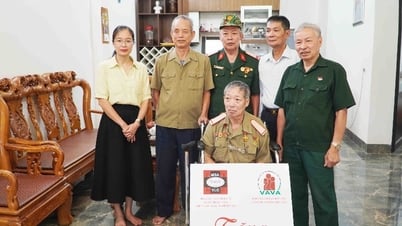

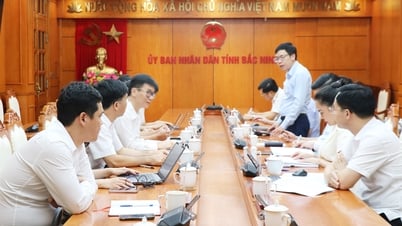
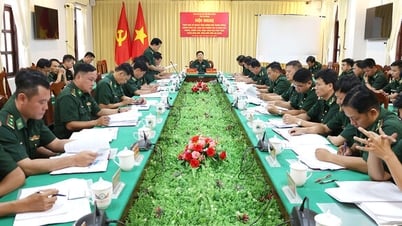
















Comment (0)